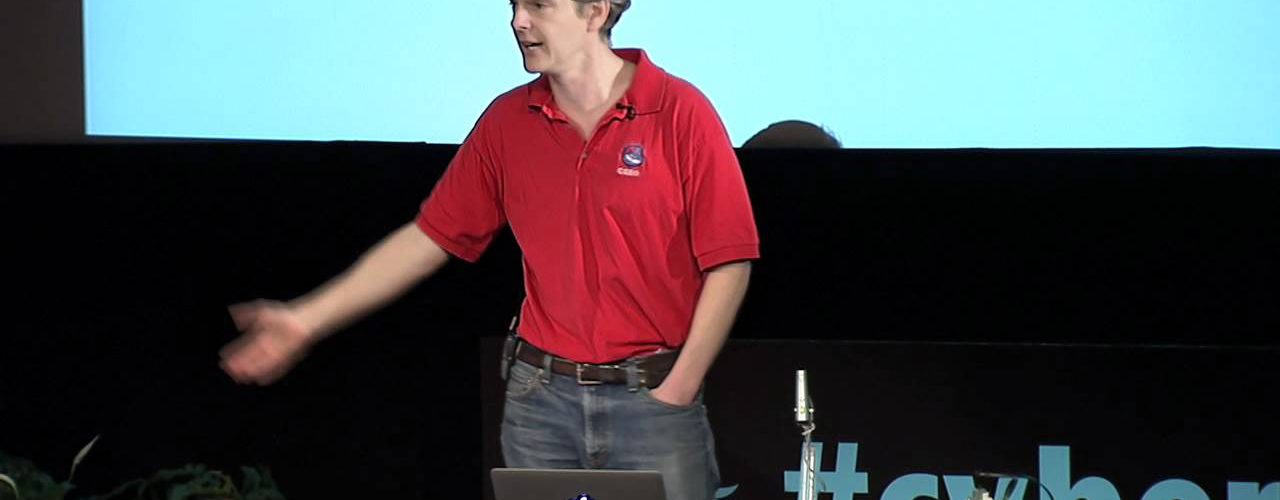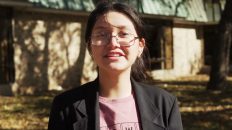A Conversation with Parent, Engineer, and Educator, Chris Rogers
(part 3 of a series of 3 pieces)


Since I have three middle school aged children, I confess to being particularly intrigued by research focusing on these years (ages 11-14). Plus, brain research points to how critical these years are from a brain reorganization standpoint. Did you know that more brain development happens in middle school-aged brains than at any other time in life? So I asked Chris about his thoughts on this time period in development.
Chris: The middle school years are the first time in their lives where they are going from being physically curious to being socially curious. With social curiosity comes a fear of failing and with a fear of failing comes a lack of creativity. Till we can teach them that failure is good, we lose out on creativity.
I’ve had many conversations with fellow middle school parents and teachers and school administrators about the topic of failure. One distinction that I think is missing from most people’s thinking about failure in this age group is destructive versus constructive failure.
Chris: I think both are necessary – you get both of them in life. I think it’s the job of the mentor to steer the kid from destructive to constructive failure. That’s really why you have mentors. If you look at the sports world, it’s filled with failure. It’s how you build up the kid’s resilience so they keep trying, keep going at it. Three things I always push for is I want kids to fail early and fail often. I measure the success of my classes by the diversity of solutions across the class and I don’t believe that we should be teaching all the kids the same thing but I think we should be teaching in distributed expertise across the classroom. Why is it that we are so concerned that every kid learn long division? Is it really necessary or can we create an environment where some kids can learn long division and some kids can learn how to computer program? Then they can teach each other and help each other. How do we take a classroom environment, which abhors failure and shoots always for one answer (diversity index of zero) and desperately tries to get everybody to learn the same material, and convert it to a place that is more like the real world where we have failure happening all the time so that we can be creative?
(He added a little later that destructive failure does not give you any more creativity if it continues for too long, whilst constructive failure does.)
So it’s back to the need for balance. We must balance the kinds of failures our students and children experience. We need to not to hurry to rescue them, but at the same time, not let them become lost in a spiral of failure. Mentoring our kids is important, so they understand the bigger picture beyond individual failures. Finding ways to encourage students, teachers and parents to share stories of their failures together. Which should include their thinking about how these failures served them well. Let’s build a culture of constructive failure and, as a result, a culture of creativity.
Chris touches on his views on failure in a talk given at the Cyberlearning Research Summit on January 18, 2012. Click here to watch it.
Part 1 of 3 with Chris Rogers
Part 2 of 3 with Chris Rogers








898 comments